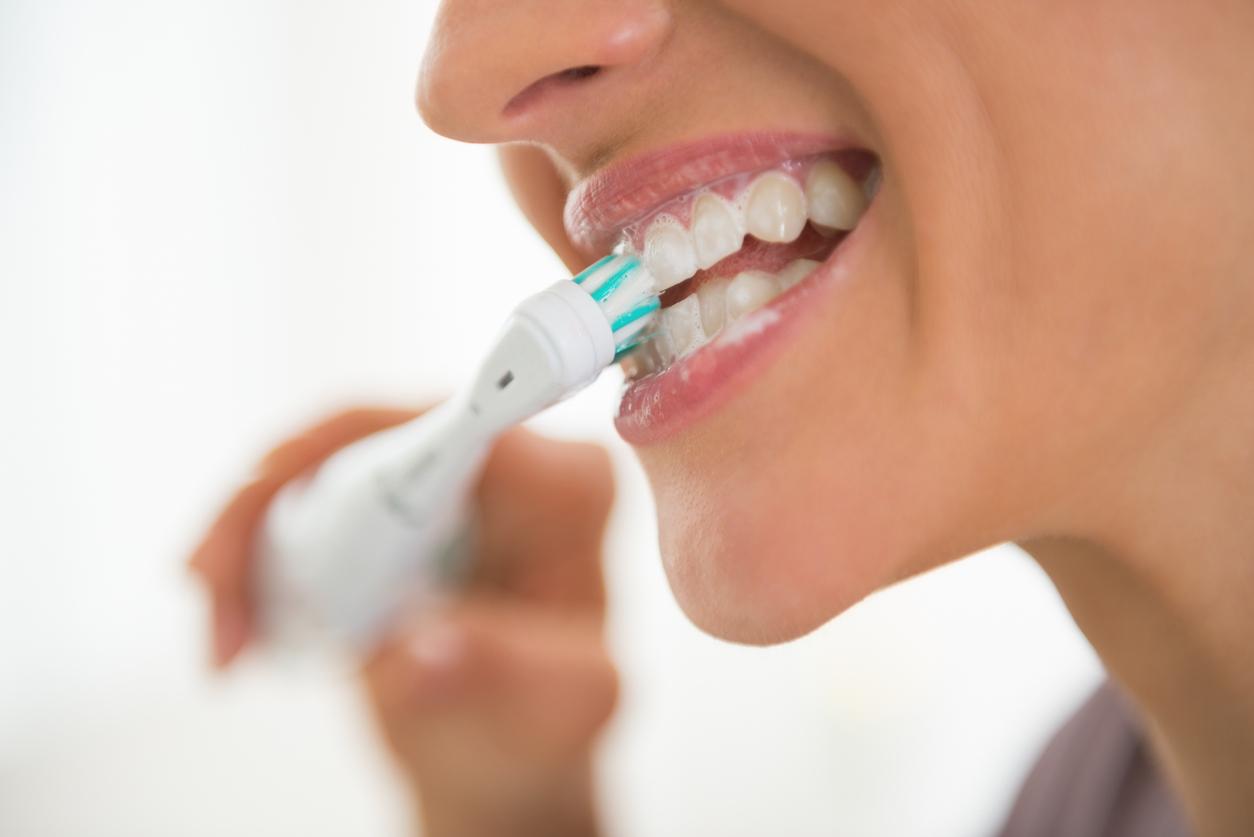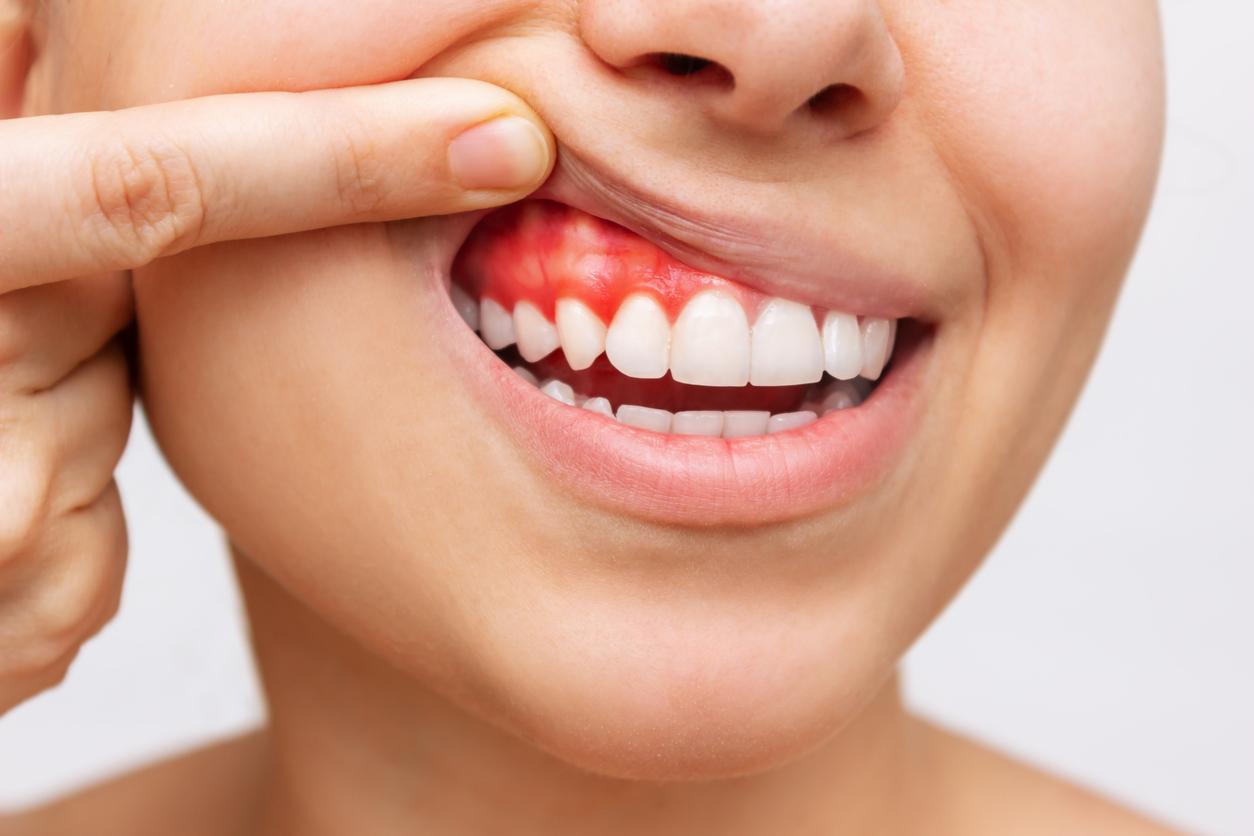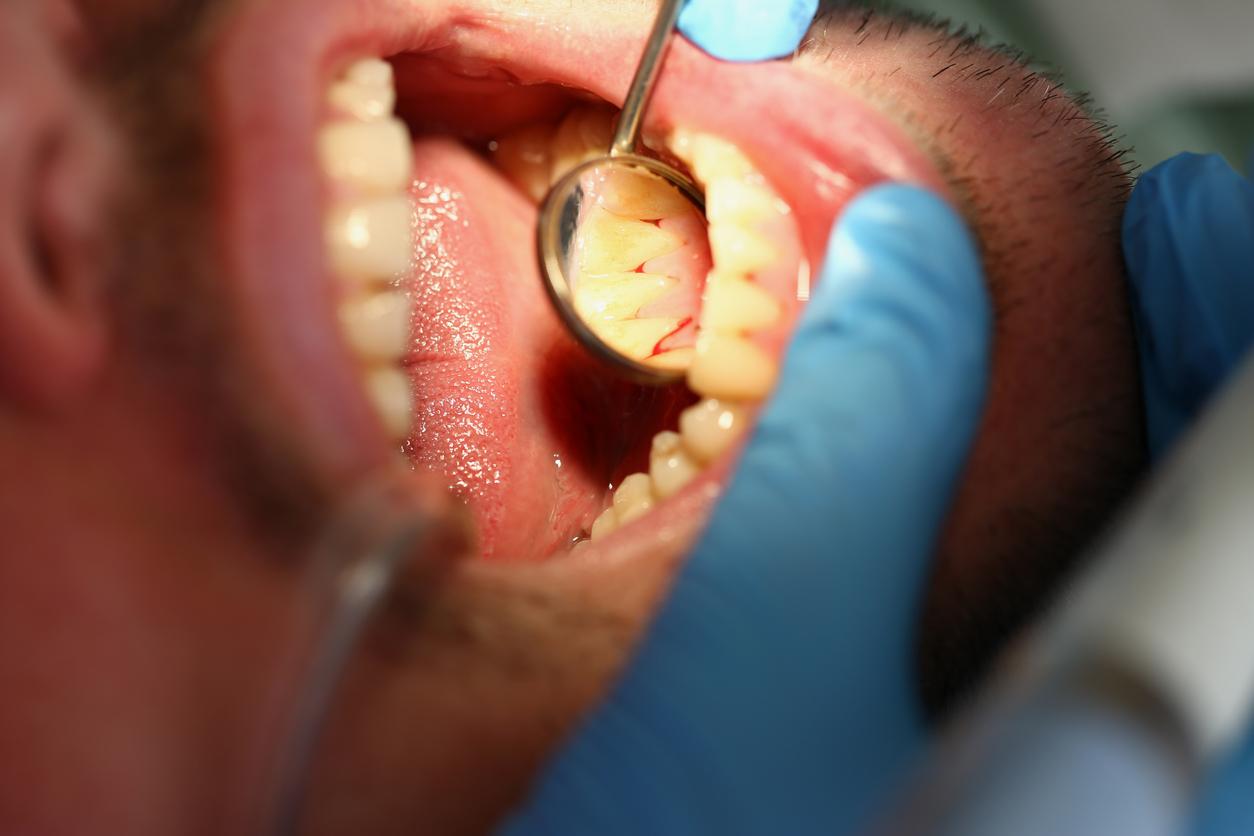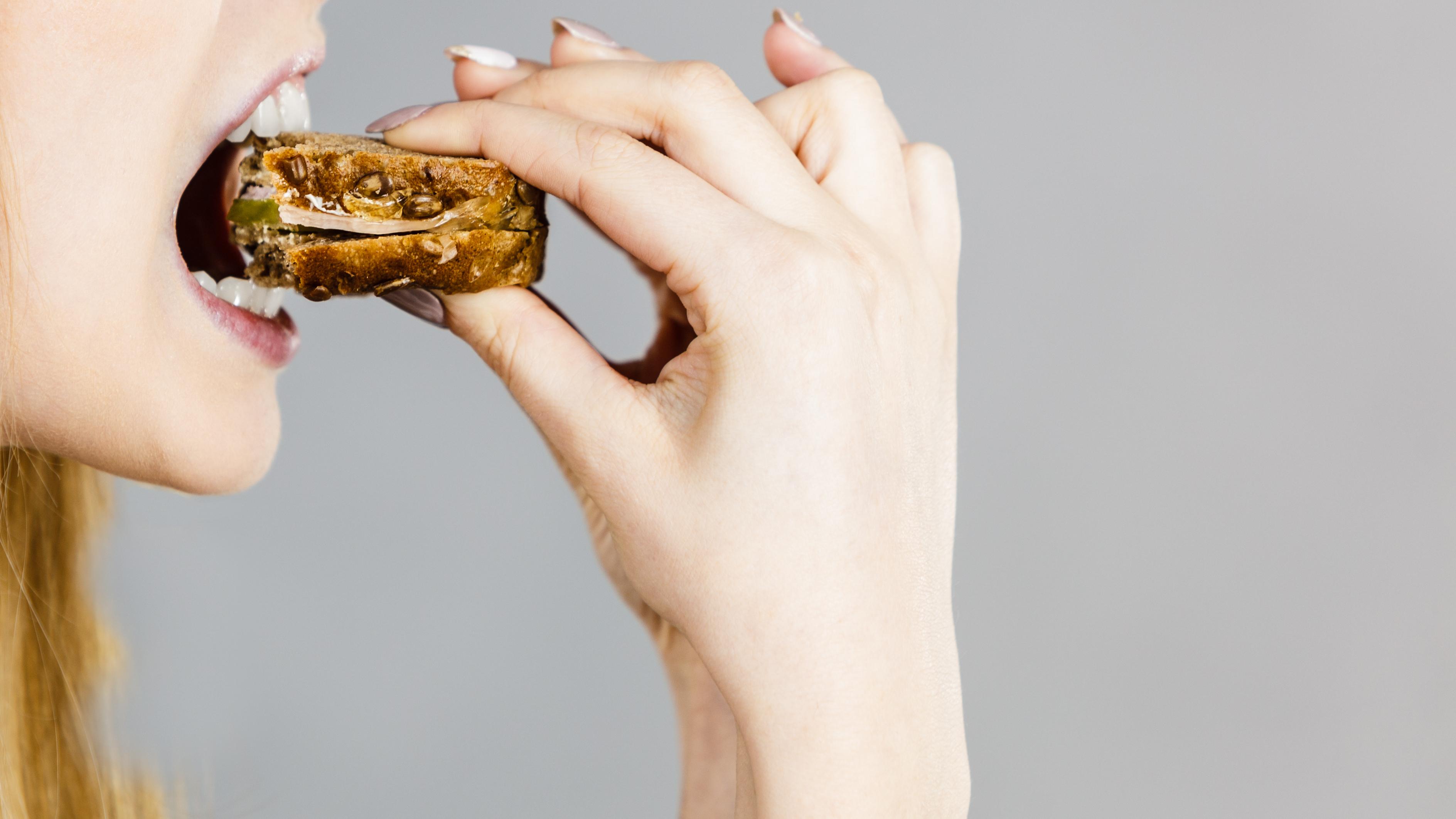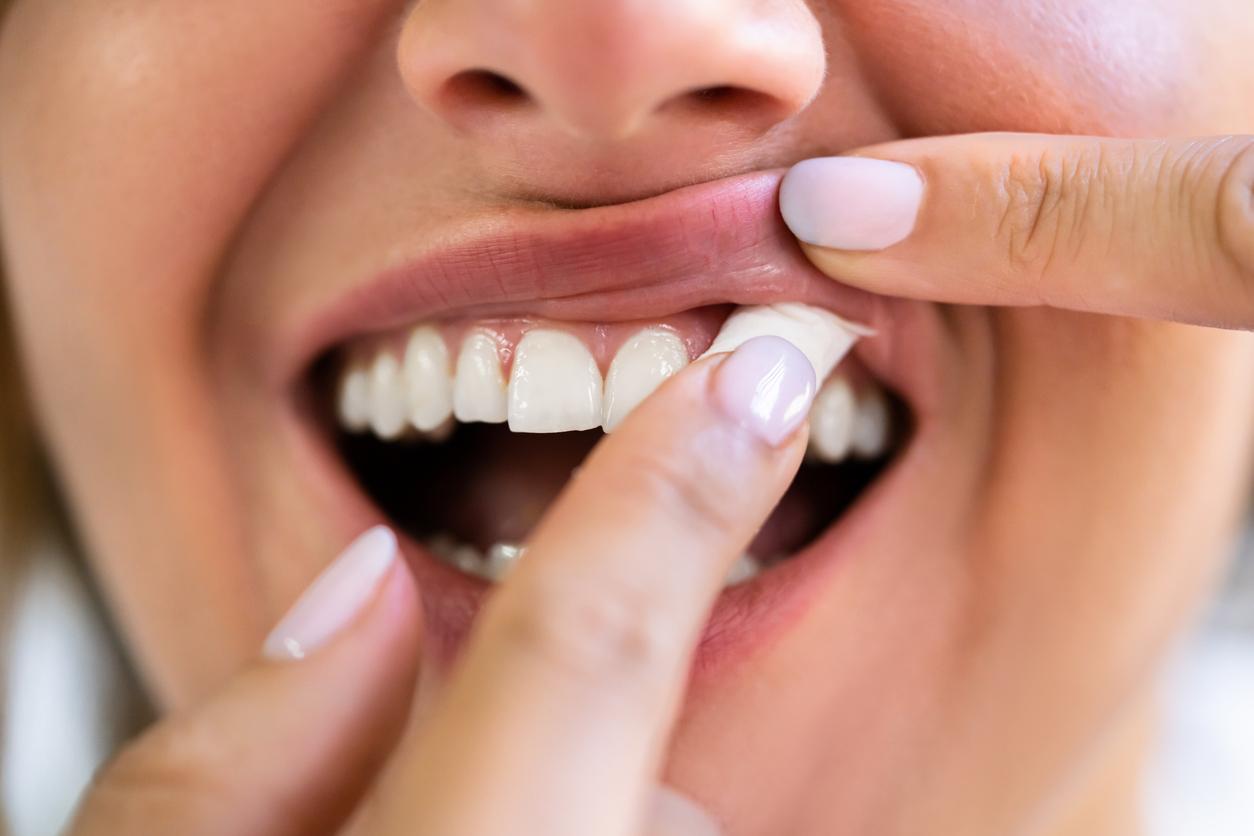It damages the amalgam of your teeth
Dental amalgams used to block the cavities caused by cavities, are composed of approximately 50% powdered silver, tin, copper and zinc alloys and 50% mercury. O, due to abrasion during chewing, the amalgam releases a tiny part of mercury-rich particles, part of which is ingested with the saliva. Admittedly, the quantities thus released are far from being toxic and they will not pass the intestinal barrier. But to prevent the fillings from aging too quickly and protect you from the risk of recurrence of cavities, it is better not to abuse chewing gum.
It increases mandibular disorders
The temporomandibular joint is one of the most complex joints in the body. We have two, located on each side of the face, immediately in front of the ears, where the temporal bone of the skull connects to the lower jaw (called the mandible). During chewing, they experience enormous pressure. Chewing gum too often causes the jaw and joint muscles to tighten repeatedly, which can lead to headaches, or toothaches or earaches. If you have a sudden urge to chew, chew instead in an apple.
It solicits the taste for junk food
Chewing gum before a meal is often recommended as a way to reduce appetite. But a recent study published in the American professional journal Eating Behaviors shows that chewing gum (especially if it is mint) has other less beneficial effects for the line. The mint flavor of chewing gum changes the taste of food. In particular, it gives a bitter taste to fruits and vegetables, which encourages us to opt for more fatty foods at the table. So avoid chewing gum before a meal and save it for afterwards, to aid digestion and clean your teeth of small food residues.
It accentuates irritable bowel syndrome
the irritable bowel syndrome (SCI) is a disorder of the functioning of the colon (or large intestine) which is manifested by abdominal pain, cramps, bloating and some intestinal discomfort. Chewing gum can contribute to irritable bowel syndrome by causing excess air to be swallowed which contributes to abdominal pain and bloating.
In addition, certain artificial sweeteners such as sorbitol and mannitol can also cause intestinal disorders (especially diarrhea) in healthy people who have rapid intestinal transit.









